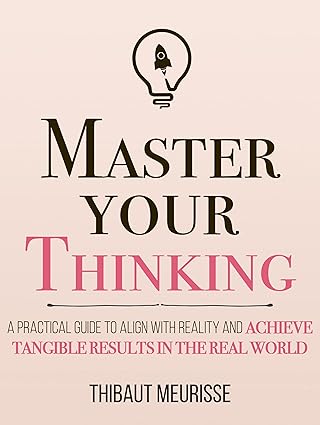The Unseen Consequences of Putting Religion Before National Progress
In a world racing toward innovation, equality, and global collaboration, prioritizing religion over national growth can have far-reaching consequences. From hindering scientific advancement to widening social gaps, the consequences are significant and frequently ignored.
This piece unpacks how placing religious doctrine above development goals can hinder a nation’s potential and why finding balance is key to a brighter future. Whether you’re spiritual, secular, or somewhere in between, this conversation matters. Let’s dive in.
Why Does This Matter?
Before we get into the specifics, let’s address the elephant in the room: Why does prioritizing religion over the progress of a nation even matter? Nations thrive when they focus on education, innovation, inclusivity, and economic stability. But when religious beliefs dominate policy-making, these priorities can take a backseat, sometimes with surprising and far-reaching effects.
Below, we’ll break down six key areas where this imbalance plays out, along with real-world examples to illustrate each point.
1. Slowing Innovation and Progress
Religious dogma can clash with scientific advancement, stalling progress in key areas:
- Resistance to teaching evolution or climate science.
- Restrictions on medical breakthroughs like stem cell research or reproductive health.
- Environmental policies blocked by beliefs in divine intervention.
Example: A country ignoring renewable energy because leaders see natural resources as “God-given” risks falling behind in the global green economy. A country refusing to watch television because its leaders see it as a means of committing sinful acts or a gateway to immoral behavior will be behind in innovative information.
2. Deepening Social Divides
Prioritizing one religion often alienates others, creating tension and inequality:
- Marginalization of religious minorities and secular groups.
- Increased sectarian violence (e.g., conflicts in Iraq, Iran, Nigeria).
- Policies that exclude women or non-believers.
Example: Laws banning headscarves or enforcing dress codes can ostracize communities instead of fostering unity.
3. Economic Stagnation
Misallocating resources toward religious projects can hurt development:
- Lavish monuments while schools and hospitals crumble.
- Over-reliance on religious tourism without investing in diverse industries.
Example: Spending millions on pilgrimage sites while rural areas lack clean water or electricity.
4. Eroding Human Rights
Overemphasis on religion can suppress individual freedoms:
- Gender inequality, restricting women’s education and careers.
- Censorship of art, media, and dissenting voices.
- Anti-laws are rooted in religious interpretations.
Example: Women unable to work due to strict dress codes lose both personal freedom and economic contributions.
5. Global Isolation
Nations perceived as overly theocratic face diplomatic challenges:
- Sanctions or boycotts over human rights violations.
- Criticism from international bodies like the UN.
- Brain drain as skilled professionals leave for better opportunities.
Example: Iran’s strict governance has led to decades of sanctions, limiting trade and collaboration.
6. Cultural Stagnation
An exclusive focus on religion can suppress creativity and diversity:
- Banning films, books, or art deemed “immoral.”
- Younger generations rejecting rigid norms for global trends.
Example: Censoring movies for kissing scenes stifles cultural expression and alienates youth.
Finding Balance: Faith Meets Progress
The solution isn’t abandoning religion’s balancing faith with inclusive, forward-thinking policies:
- Separate religion from state decisions.
- Invest in education, healthcare, and infrastructure.
- Promote diversity and human rights for all citizens.
Conclusion:
Prioritizing religion over national growth comes at a cost: lower innovation, deeper divides, and missed opportunities. By balancing faith with progress, nations can honor their spiritual roots while building a brighter future.
What are your thoughts? Do you think religion should play a bigger role in governance, or should nations focus on secular priorities? Share your views in the comments below and join the conversation. Follow us on [social media handles] for more insights like this. Together, let’s shape a better tomorrow.



